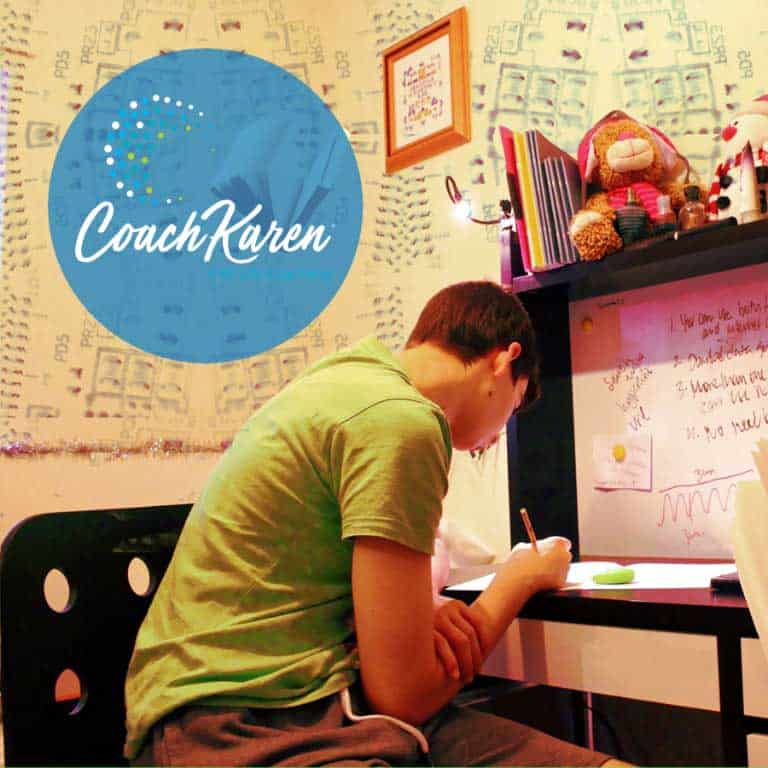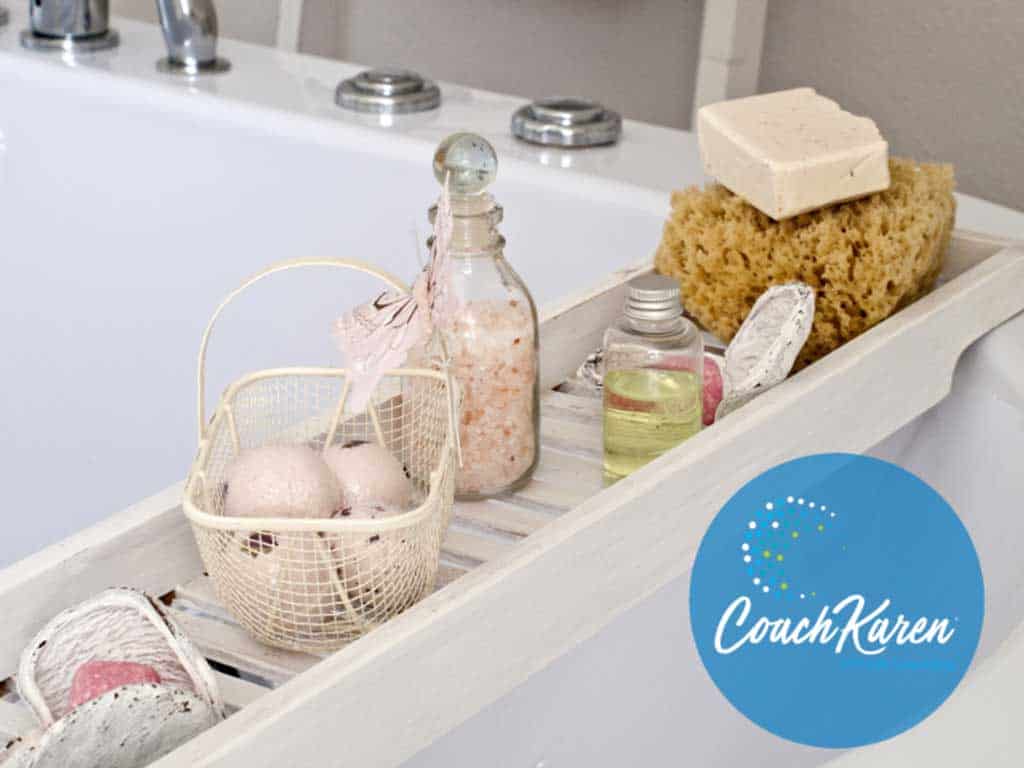
For teens and 20-somethings today, stress has become an increasing problem. Preparing for and taking finals, with pressure to review, complete projects, and get good grades, is too much to do, and not enough time. It can create even more stress
A “Stress in America™: Are Teens Adopting Adults’ Stress Habits?” survey was conducted by Harris Interactive Inc., on behalf of American Psychological Association in August 2013. Results among the 1,950 adults and 1,018 teens surveyed in the U.S. suggested that unhealthy behaviors associated with stress may begin manifesting early in our lives.
Of the 18-to 33-year-olds surveyed:
- 39% say their stress has increased in the past year.
- 52% say stress has kept them awake at night in the past month.
- More than any other age group, they report being told by a healthcare provider that they have either depression or have an anxiety disorder.
Finals don’t need to lead to stress and stress-related illnesses if one takes time to relax. Relaxing during test-taking season can be a strange concept. However, relaxing may not only prevent the negative effects on your body, it may also help improve your study preparations.
Here are a few tips for taking time for yourself during your test-taking season.
GENERAL STRATEGIES
Prepare & Organize throughout the Year
The better you study during the year (i.e.: keep good notes, maintain your files and binders), the better prepared you will be to tackle tests, mid-terms, and finals. If you haven’t done it throughout the year, start organizing what you have now.
- Create file folders for each class to contain your notes
- Gather all past tests and quizzes that might be used for the test
- Find correct answers to anything you missed or on anything which you were unclear
Fuel Your Body
Like gas in a car, your body will not “drive” and be best prepared for tests if you don’t properly take care of it.
- Eat regular and healthy meals – Filling your body with junk food can slow you down, and starving it bumps your body into a stress response.
- Get plenty of sleep – Trying an all-nighter throws your body into a stress response. Do your best to keep with your regular (healthy) sleep routine of 7-9 hours per night (or whatever is optimal for you). Sleeping too much or too little can also affect you long past finals.
- Refrain from energy and sleep enhancers – Drinking coffee and caffeinated sodas to keep you awake and taking sleeping pills at night throws off your body’s natural ability to regulate your sleep and wake cycles. Save the alcohol for the after finals celebration (if you choose). Alcohol disrupts sleep.
Take Breaks
Unless you have found what Psychologist Mihaly Csikszentmihalyi calls being in the “flow” – enjoying what you are studying so much that time flies by – make sure you schedule and take regular breaks. When you take your breaks and for what duration depends much on your age, your personality, your attention span, your study load, or how much you like or struggle with a specific subject.
- For starters, try to study for a full hour with a 15-minute break.
- Set a timer to make sure to keep you both on task and on break for the time designated.
- Find a rhythm that works for you.
- Another time break option is using the Pomodoro Technique.
MANAGING LONGER BREAKS
Studying should not be a 24/7 job. Set aside time for longer “breaks” during your test preparation season. This can include an hour or a half-day of non-study related activities. Print off and check the list of break-time relaxation strategies ideas below. Which ones could you do in 15-minutes, and which would you consider during an hour or longer break?
Break Time Relaxation Strategies
Move Your Body
Closing yourself off to the outside world or chaining yourself to the library desk will do you no good. Get your body and mind going again by getting up and moving.
- Go for a walk – around the neighborhood, with the dog, with a friend
- Play some music and dance around your room
- Do a chore or two such as washing dishes or folding the laundry
- Go to the gym or do some stretches or exercises in or around your home
Challenge Your Mind
Taking mental breaks can recharge your mind.
- Play Sudoku, crossword puzzles, or solitaire
- Play a video, X-Box, PS4, or smartphone game
- Review a book of riddles
Socialize with Others
Let others know you are human. Connect with others for a change of pace.
- Talk on the phone, text, IM chat, FaceTime, etc. with a friend or family member
- Go to the movies, dinner, or the mall with friends or family members
- Check out Facebook, Twitter, Instagram, and other forms of Social Media connections
Tickle Your Funny Bone
Laughter is the greatest medicine for lifting the spirits and relaxing the body.
- Read the funny pages
- Watch a funny movie
- Watch funny YouTube videos
Change Your Scenery
Get out of your study environment and go exploring.
- Go for a drive
- Go to the beach or mountains
- Go window shopping at the mall
Pause and Relax
Slow down the pace by finding an activity that truly allows your body to relax.
- Belly Breathing
- Yoga
- Massage
- Nap
- Bubble bath
- Meditation
Find Pleasure in Small Things
In our fast-paced world, we sometimes miss out on enjoying the simple things in life. Stop and notice them.
- Sip a warm cup of tea (My guilty pleasure is a Starbucks chai tea latte, yum!)
- Watch babies or small children play
- Smell flowers, lotions, or perfume/cologne
Tap into Your Creativity
Activating the creative side of your brain may help you better focus on studying in the long run. You may just find a creative way to accomplish a study problem you had been working on!
- Draw or paint
- Write poetry
- Do arts and crafts
Ignite Your Senses
Activate different parts of your brain by finding ways to engage all 5 senses. It gives part of your brain a break, while allowing another part to play.
- Taste – Bake something yummy, drink warm tea
- Touch – Fur therapy (pet an animal), squeeze a stress ball, pop bubble wrap
- Sound – Listen to music, the birds, ocean waves
- Sight – Go people watching, glance through Pinterest or Instagram
- Smell – Flowers, lotions, perfume/cologne, incense
Explore Your Emotions
Having strong emotions? Take time to reflect on them and vent to get them out.
- Journal or Blog
- Talk to a trusted friend, family members, or life coach
Don’t become a stress statistic. Learn healthy stress-reduction techniques now. One or two changes in your preparation habits could be the difference between acing a test or merely passing.
Good luck!




